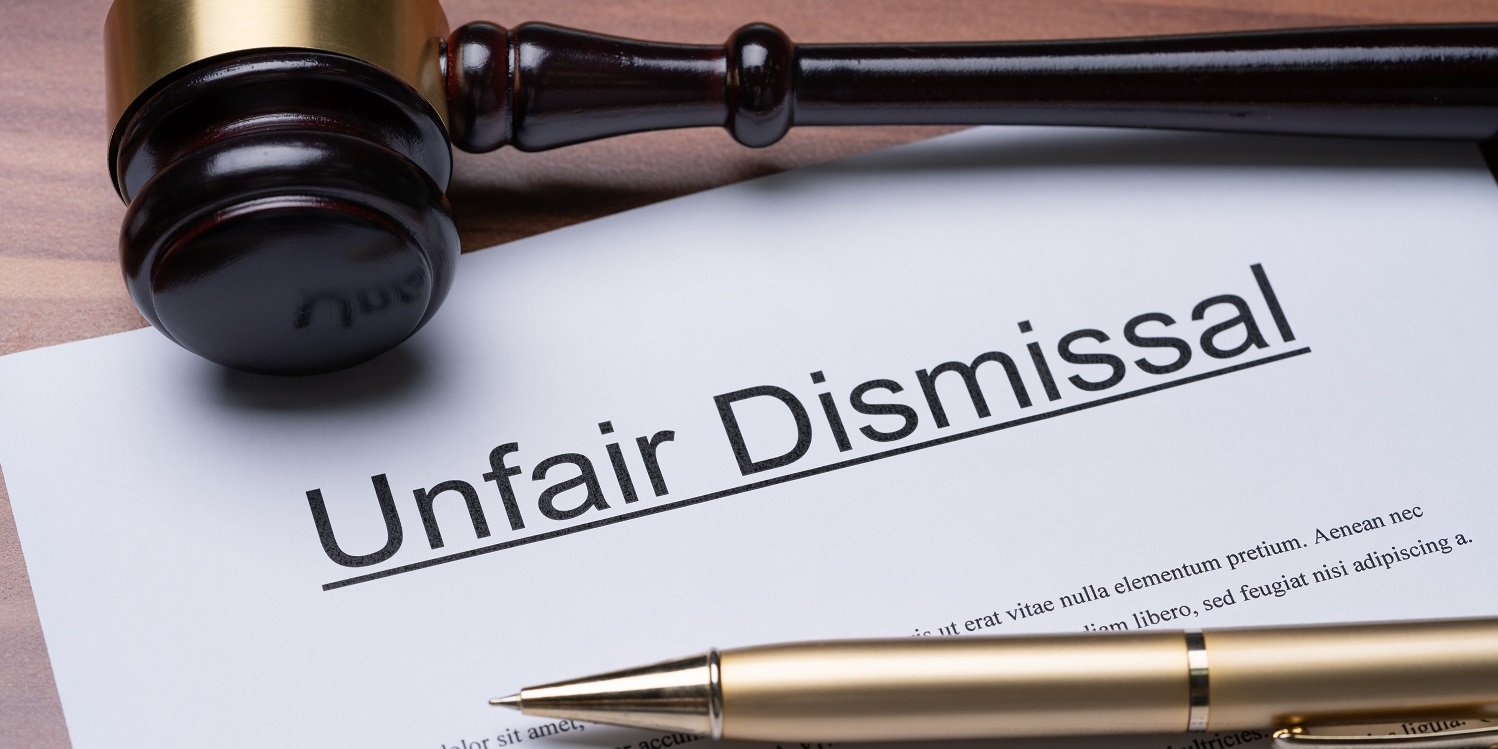Senior employment solicitor Catherine Wilson, who is an Employment Partner at W Legal Limited and runs her own employment law and HR consultancy, outlines how to navigate a capability dismissal fairly with the correct processes in place.
Many employers will unfortunately be familiar with employees who are underperforming in their roles or are continually absent with no apparent prospect of the situation improving. In other words, these employees may be incapable of performing their current role. This can put a significant strain on businesses, particularly in challenging economic times.
Regrettably, therefore, employers may decide that they have little option but to consider dismissal. However, such dismissals are notoriously hazardous and, if handled incorrectly, may result in expensive and reputationally damaging unfair dismissal and/or discrimination claims.
Unfair dismissal and capability

Many employees qualify for the right not to be unfairly dismissed (for example, if they been employed for over two years), and therefore may only be dismissed if:
(1) There is a potentially fair reason for the dismissal
(2) The dismissal is reasonable
Reason for dismissal
What are the legitimate reasons for a capability dismissal?
The Employment Rights Act 1996 sets out 5 potentially fair reasons for dismissing an employee. One such reason is where an employee lacks the capability or qualifications to perform the kind of work they are employed to do.
In practice, dismissals due to capability tend to result from either poor performance or ill health.
Examples of incapability due to poor performance might include:
- A lack of flexibility or adaptability
- Failing to reach the employer’s standards
- Having a difficult and abrasive manner with clients or colleagues
Examples of ill health capability dismissals include:
- A single long period of absence (for example because of a severe injury or illness)
- Numerous short-term absences over a prolonged period
Manage absence more effectively across your organisation with a software solution
Reasonableness of the dismissal
Employment Tribunals will consider whether a capability dismissal was within a ‘range of reasonable responses’ open to the employer in the circumstances. This test looks both at how the decision was reached and crucially the procedure that was followed.
Following a fair capability dismissal process

So, how does an employer follow a fair capability dismissal process?
Before deciding to follow a formal capability procedure, employers should undertake a reasonable assessment or investigation to ascertain that this is necessary and record their findings.
Poor performance dismissals
For poor performance dismissals, a fair process will often include an initial capability meeting setting out the issues and providing the employee with a chance to respond followed by written warnings where appropriate.
It is important for employees to have an opportunity to improve, and employers are therefore generally expected to work constructively with employees including highlighting performance issues and agreeing objectives and timescales for improvement, for example in a performance improvement plan sometimes described as a PIP.
There is no set timescale for this, and it will depend on the nature of the poor performance, the needs of the business, and what would be reasonable in the circumstances. Any period of between 3 to 12 months is normal.
Ill health dismissals
For ill health dismissals, a fair process is likely to include, where appropriate, consultations, medical investigations, and consideration of other options such as adjustments to an employee’s role. The precise procedures will depend on the circumstances in each case and the nature of the employee’s health condition.
Investigations into the reasons for an employee's absence should always be handled sensitively and holding a return to work interview is best practice, however short the absence. Employers should consider asking the employee to attend a medical examination or occupational health assessment before deciding what action to take.
Where a medical report is obtained, employers should meet with employees to discuss the report before taking any action or following its recommendations. Again, constructive consultation with employees is key.
Having a capability policy
There is no strict legal obligation upon employers to set out written capability policies; however, employers should ensure they follow any capability policies set out in an employee’s contract or in an employee handbook if these are available.
Finally, if an employee is dismissed, they should be given an opportunity to appeal. The appeal should be heard by a different person to the individual who handled the capability process.
Capability dismissals and discrimination

Where an employee’s ill-health amounts to a disability under the Equality Act 2010, employees must also consider their duty to make reasonable adjustments and to avoid unlawful disability discrimination. Employers should be particularly alert to so called ‘hidden’ disabilities such as post-traumatic stress disorder, depression, and other mental health conditions.
For example, a capability dismissal may be deemed unfair if an employer could have made reasonable adjustments to facilitate the employee’s return to work. The types of adjustment to consider will vary depending on the circumstances, but might include:
- A phased return to work after illness
- A reduction in working hours; temporary or permanent reallocation of duties
- Extra supervision
- Independent confidential counselling
A dismissal may also amount to unlawful disability discrimination, even if the dismissal was otherwise deemed “fair” under the Employment Rights Act 1996.
Discrimination and compensation
Damages for disability discrimination are uncapped and may be awarded in addition to compensation for unfair dismissal. A claim of discrimination is also a day one right, which means that an employee is protected from the start of their employment, as there is no minimum qualifying period of employment. Short serving staff may therefore look to introduce an element of discrimination if they are challenged about capability issues, notably around a failed probationary period.
Read more from our blog
How to dismiss an employee on probation
What are the protected characteristics employers need to be aware of?

Written by Catherine Wilson
Catherine is an expert employment lawyer and HR problem solver. She works as an Employment Partner at W Legal Limited and also runs her own employment law and HR consultancy, training, and writing business, McBrownie Ltd.


 Holiday Planner
Holiday Planner Absence Management
Absence Management Performance Management
Performance Management Staff Management
Staff Management Document Management
Document Management Reporting
Reporting Health and Safety Management
Health and Safety Management Task Management
Task Management Security Centre
Security Centre Self Service
Self Service Mobile
Mobile




